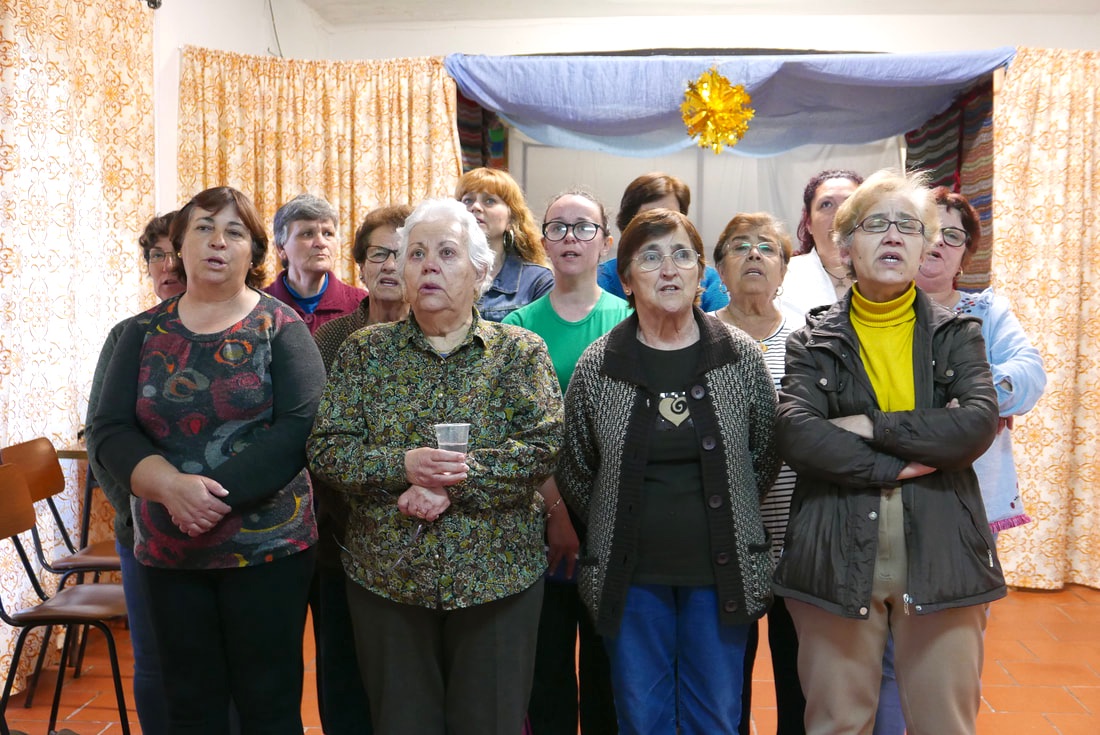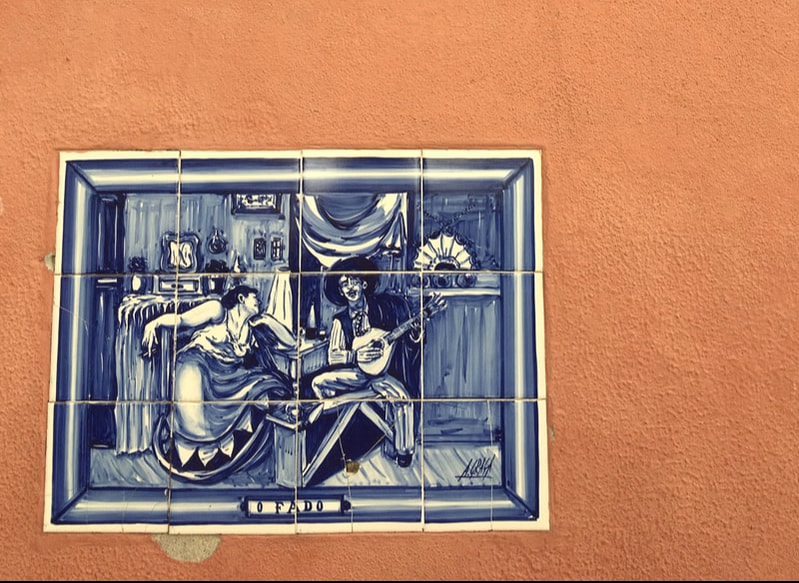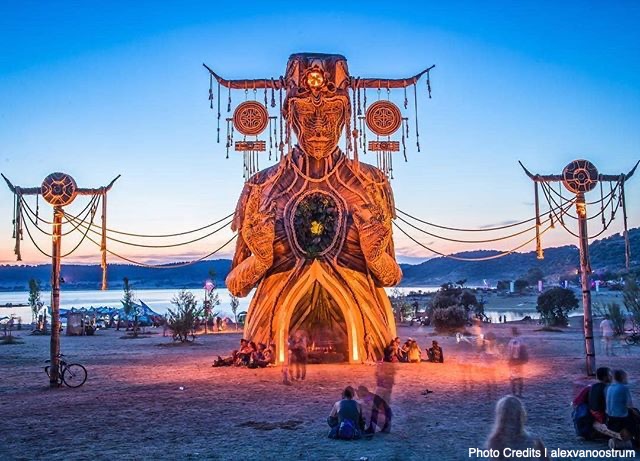|
Music is so present in our lives that it sometimes goes unnoticed. It becomes white noise and part of the lively background scene that is our greeting card. Folklore music coming out of an open balcony, a taxi driver whistling and tapping his fingers to the rhythm, a small child jumping around and screaming at the top of her lungs the song she learnt at school, a young couple sharing a head phone set and listening to the same track, a mother putting her baby to sleep whilst humming an old lullaby... It is constant and contagious. It is like a chain, a good virus spreading :) In Portugal music is present, from traditional festivities to big music festivals and below we tell you all about it. Traditional MusicWhen it comes to traditional music the first one that comes to mind is obviously fado. Fado was born in the streets of Lisboa on the 18th century and was a form of expression. The fadistas, who were mainly part of a marginalised layer of the society, sang spontaneously about their life struggles in the taverns, at social gatherings and in the streets. The bohemian aristocracy often mingled with the so-called outlaws and soon fado started climbing the social ladder and spreading to the theatre, radios and even cinema. It was on the 20th century that the first oficial companies of fadistas were created, casas de fado started emerging and records were made. Cante Alentejano is another very iconic Portuguese music style. It was sang by the field workers in the countryside of Alentejo, by men in the taverns and cafes and by women at home. It passed along the generations and today there are many groups that keep the tradition alive and even school projects so that children learn about this valuable heritage. These two singing styles are UNESCO World Heritage. Cantigas à Desgarrada is another very typical singing style in the northern part of the country, mainly the Minho region. It is a sort of singing battle between two cantadores who improv and challenge each other taking turns. It's often accompanied by someone who plays concertina, a musical instrument resembling an accordion. The project A Música Portuguesa a Gostar Dela Própria is an initiative that intends to preserve and spread the most genuine and typical music types across the country. These are often showcased during traditional festivities by the locals and are a celebration of our roots and our cultural heritage. Music Festivals in PortugalDespite being a small country, Portugal has a wide array of music related events, from jazz concerts to classical music shows, world music performances and big summer festivals. In 2017 we elected some of our favourite music festivals, such as NOS Primavera Sound and Paredes de Coura. Apart from the ones we already mentioned there are many other worth exploring, depending on your preferred music styles and taste. Neopop is a fine one for house and techno underground music fans, Nova Batida has an eclectic music choice and takes place in some really cool venues, Iminente merges street art and world music, Super Bock Super Rock is the choice for rock music enthusiasts and BOOM mixes techno, minimal and trance music with sustainability and eco-friendly initiatives. There are choices for everyone and for the music fans it's definitively worth travelling across the country before or after going to a music festival. This year most of them were canceled or postponed, which means 2021 will be even louder. Plan your 2021 holidays in Portugal aiming for your favourite festival. When we create your bookpack we always include information about the events and festivals taking place where you intend to visit, so that you're aware of what's going on. If, on the other hand, you prefer to plan your holidays targeting a particular one, we can always adjust and meet you halfway :) Get in touch if you're in need of some local tips and don't forget to subscribe to our monthly newsletter!
0 Comments
Leave a Reply. |
Categories
All
|
Telephone+351 938 503 009
|
|
Turismo de Portugal RNAVT nº 6915
|




